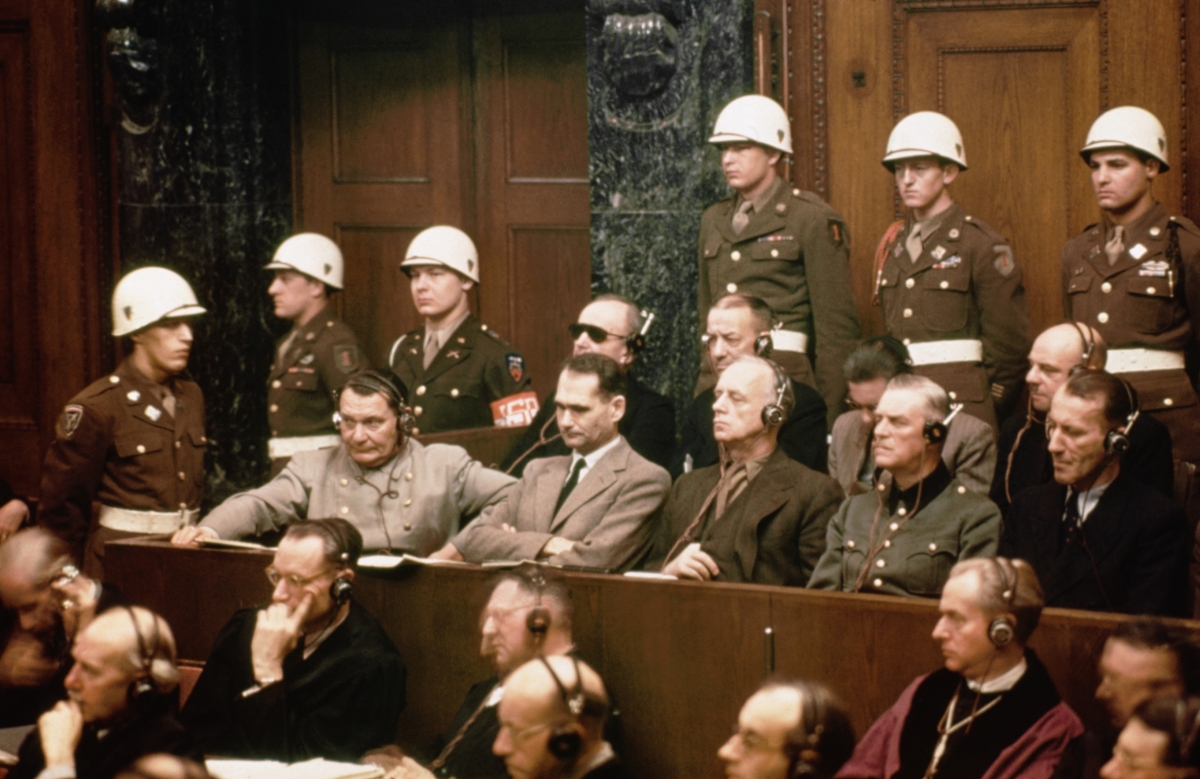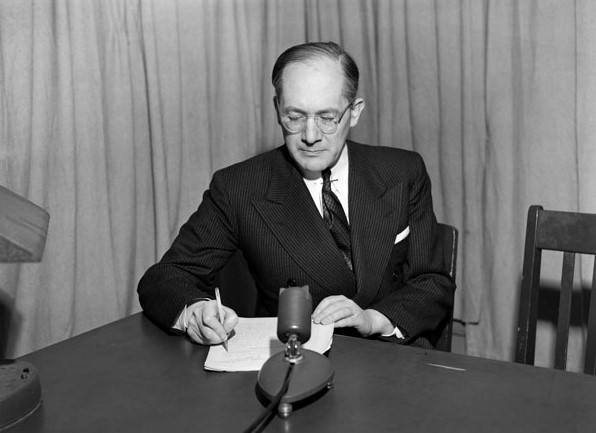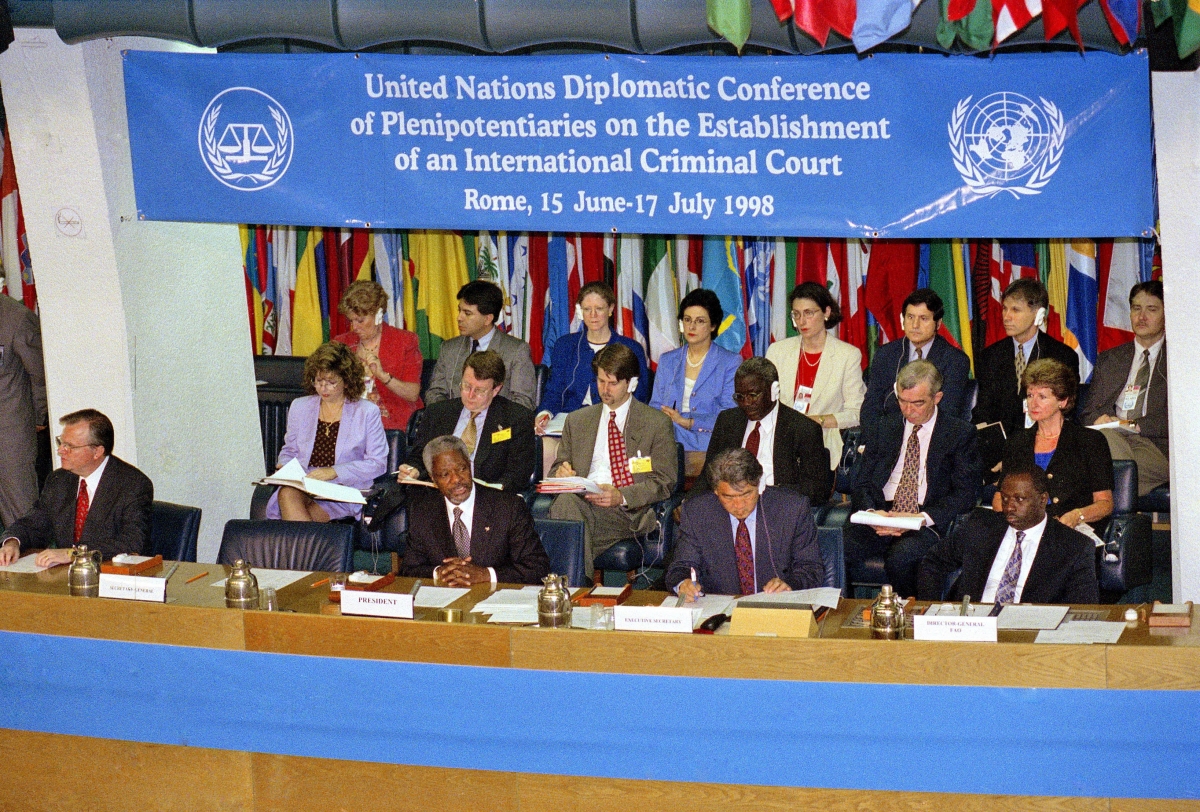ICC history – The Road to Rome
1872 Franco-Prussian War

Gustav Moynier – one of the founders of the International Committee of the Red Cross –proposed a permanent court in response to the crimes of the Franco-Prussian War.
1919 Treaty of Versailles

Calls for an ad hoc international court to try the Kaiser and German war criminals of World War I.
1945 World War II

The Allies set up the Nuremberg and Tokyo tribunals to try Axis war criminals.
End of the Cold War – 1989

The end of the Cold War opens up space in the international arena for renewed collective action. In June 1989, motivated in part by an effort to combat drug trafficking, Trinidad & Tobago resurrected a pre-existing proposal for the establishment of an ICC and the UN GA asked that the International Law Commission resume its work on drafting a statute.
1990s UN tribunals
The conflicts in Bosnia-Herzegovina and Croatia as well as in Rwanda in the early 1990s and the mass commission of crimes against humanity, war crimes, and genocide led the UN Security Council to establish two separate temporary ad hoc tribunals to hold individuals accountable for these atrocities, further highlighting the need for a permanent international criminal court.
1994- draft statute for ICC
In 1994, the ILC presented its final draft statute for an ICC to the UN GA and recommended that a conference of plenipotentiaries be convened to negotiate a treaty and enact the Statute. To consider major substantive issues in the draft statute, the General Assembly established the Ad Hoc Committee on the Establishment of an International Criminal Court, which met twice in 1995.


